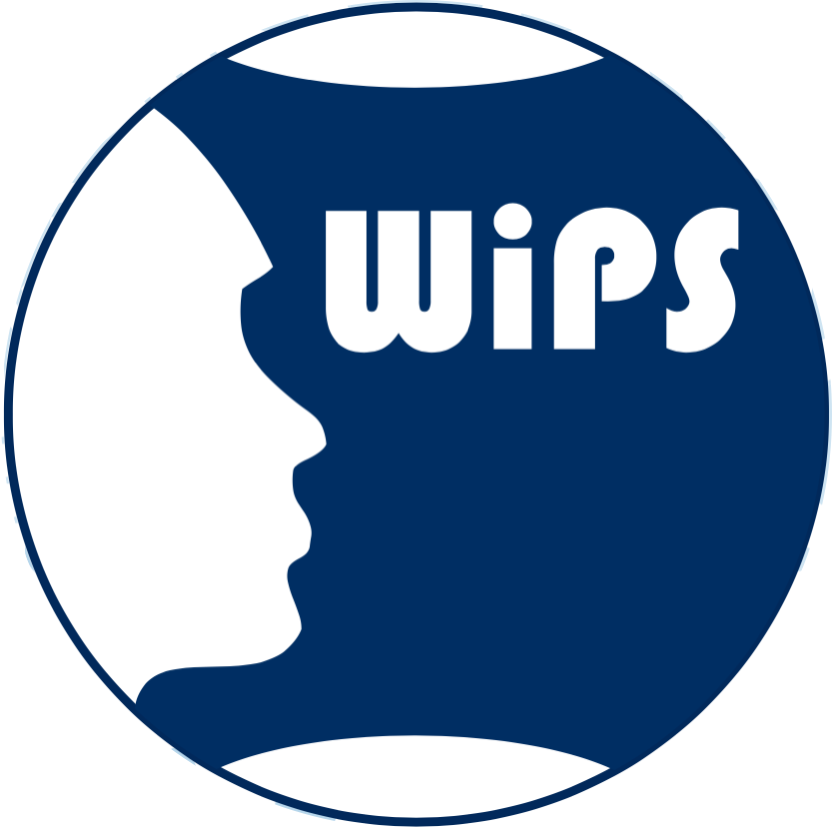Ingeborg Klarenberg, PhD
Vrije Universiteit Amsterdam (The Netherlands)

Ingeborg, with hair flying wildly, is on Signy Island, Antarctica. There's a radio strapped to her shoulder. She smiles widely.
What’s the work that you do?
I am a terrestrial ecologist. I study microbes, invertebrates and lichens and mosses in the (sub-)Arctic and Antarctic, for instance in the light of climate warming, but also their role in primary succession when glaciers retreat. I am currently working on moss- and lichen-associated biodiversity in the Antarctic.
What keeps you going?
I have been fascinated by biodiversity from a young age, and later on by the ecosystems in the higher latitudes. For me, the polar regions are a playground to understand how extreme climates and landscapes set the stage for physical and biological processes from landscape to the microbial scale. I feel extremely lucky to have a job that combines fieldwork in remote regions, collaborations with other motivated researchers and working with data to explore new knowledge territories that will hopefully lead to better future protection of the poles.
What’s your message to the world?
The polar regions feel like far-away lands and oceans that exist independently of us, but our way of life is felt in the polar regions and what happens at the poles doesn’t stay there. I hope we will realize that preserving the poles will directly benefit us and that it is worth to change our behavior (even if only for the beauty of these regions) and to put pressure on companies and governments to do the same.
Organisation: Vrije Universiteit Amsterdam (The Netherlands)
Nationality:
Netherlands
Disciplines:
